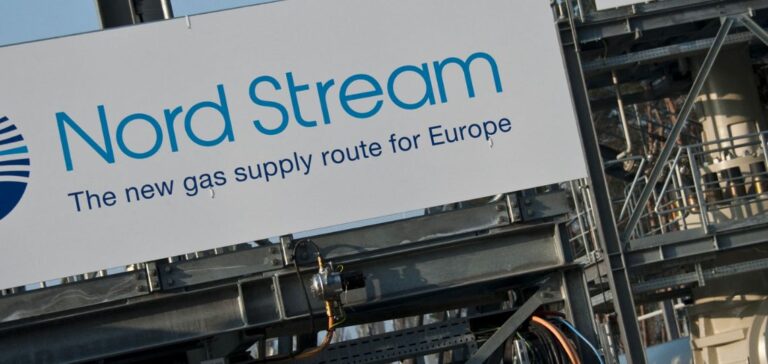One of the four leaks on the Nord Stream gas pipelines in the Baltic Sea is starting to weaken, Swedish authorities said Friday, while high levels of methane gas are being observed in several parts of Scandinavia.
Located above Nord Stream 2 on the Swedish side, this leak “has reduced in size, but is still ongoing,” the Swedish Coast Guard said in a statement Friday morning.
Preceded by underwater explosions recorded on Monday and most likely the result of an act of sabotage according to several countries, the leaks are all located in international waters off the Danish island of Bornholm.
But two of them are located in the Swedish Exclusive Economic Zone (EEZ) and the other two in the Danish EEZ. The second leak on the Swedish side, which is larger and linked to Nord Stream 1, shows no sign of abating, according to the coast guard.
Questioned by the AFP on the evolution of the leaks on the Danish side, the Danish police did not make any comment.
Copenhagen had estimated on Wednesday that more than half of the gas in the two pipelines – not operational but loaded with methane – had already leaked and that the rest would escape by Sunday.
According to a simulation released Friday by the independent Norwegian air analysis institute Nilu, the methane cloud has been moving with the winds over several Swedish and Norwegian regions since Monday, even reaching the United Kingdom.
According to its estimates, nearly 80,000 tons of methane have already escaped from the damaged pipes of the two gas pipelines. This is more than four times the annual emissions of the oil and gas sector in Norway, one of Europe’s leading hydrocarbon producers.
Methane releases are not dangerous to human health, authorities say, but contribute to global warming.






















